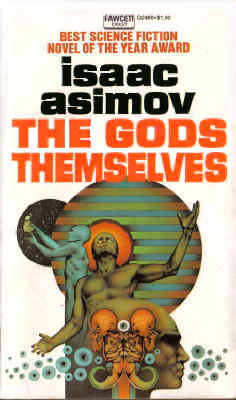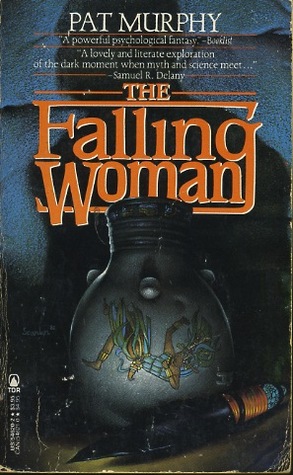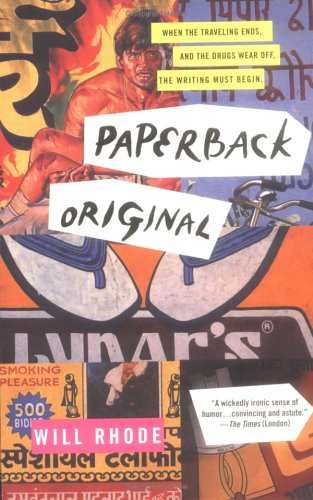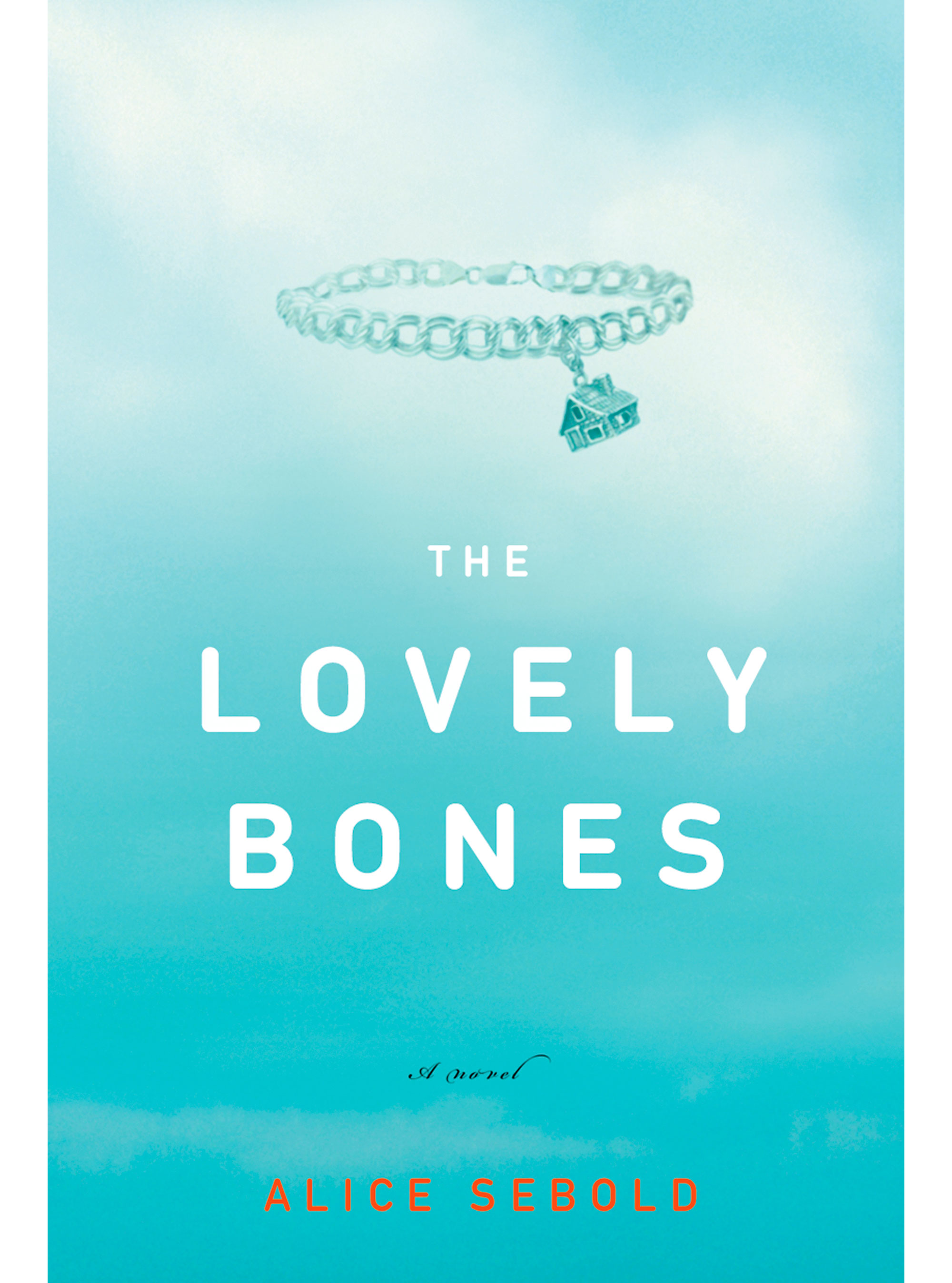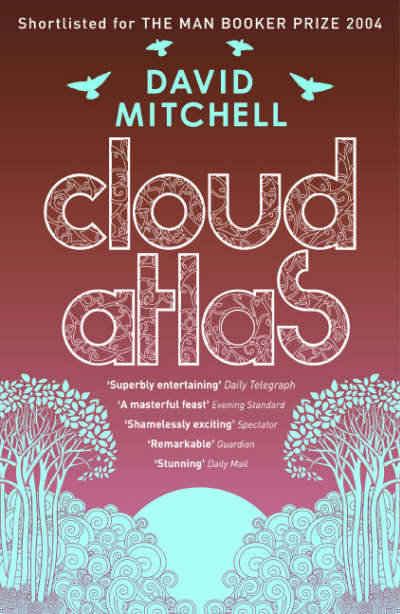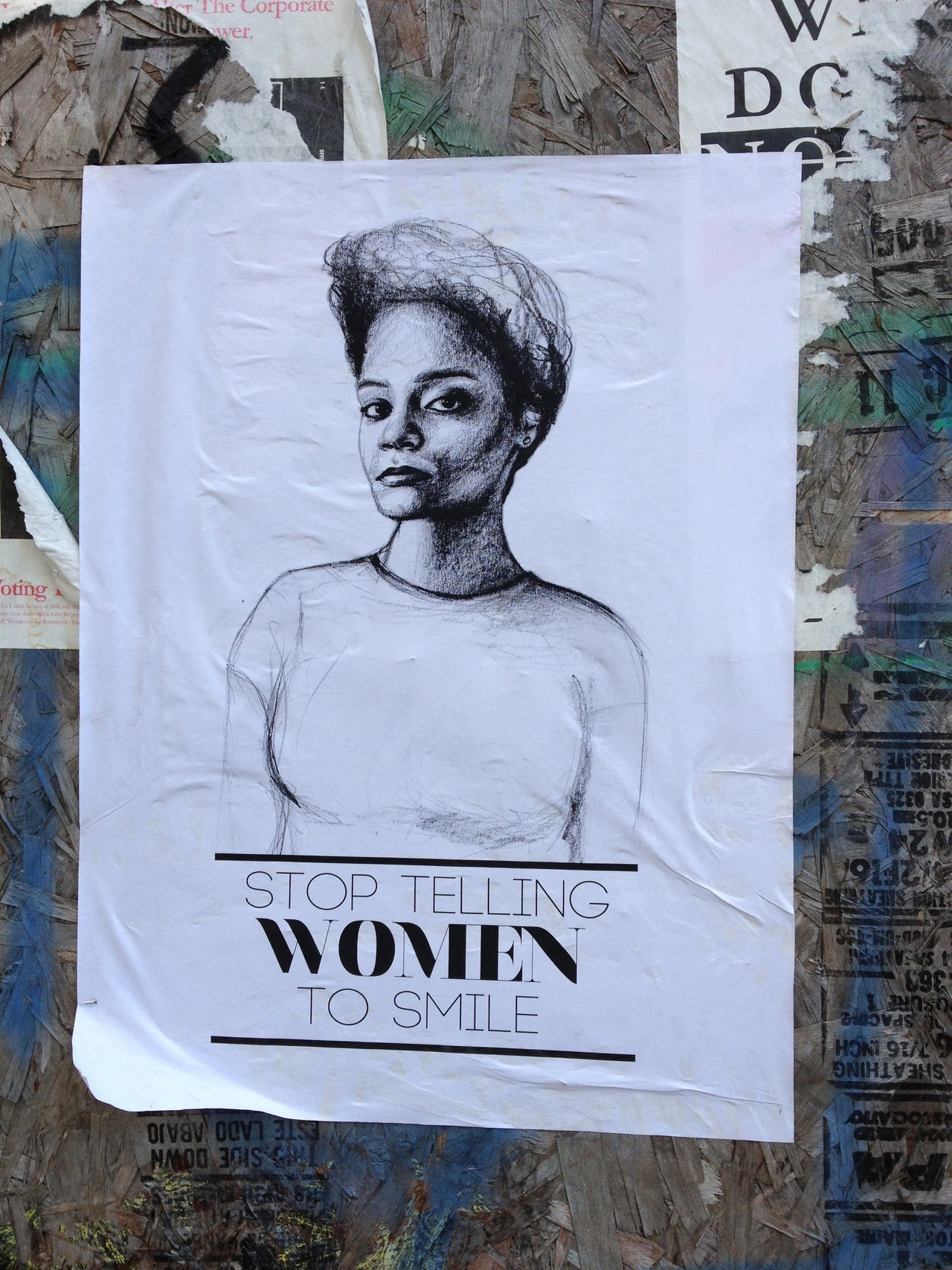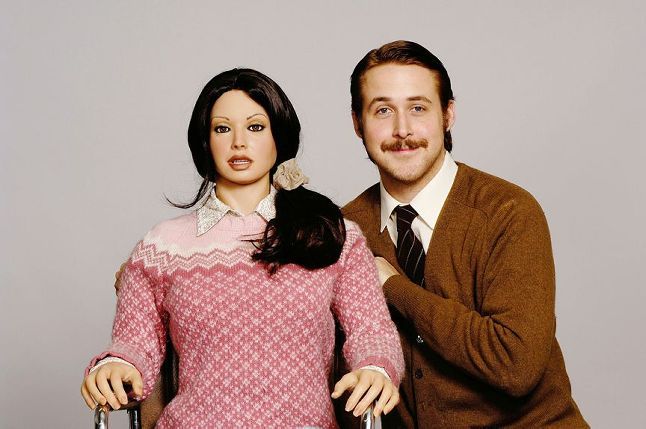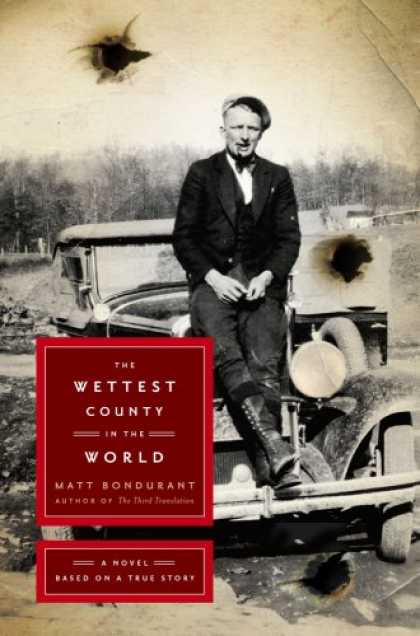It's that time of year when a million "best of" lists saturate the internet. Most of them are so specific though: best films of 2012, best comics, translated novels, reality tv shows, top celebrity sex tapes... so I've decided to go a different direction and just list some of my favorite things altogether that came out of 2012.
Criterion release of Nagisa Oshima's In the Realm of the Senses (Ai no Corrida) (1976)
The film itself didn't come out this past year, but the Criterion release has long been awaited. Still censored in much of the world (including most US DVD releases up until this year), it's one of my all time favorite films; a fact that I'm sure Freud would have a field day with. Oh well.
I was first introduced to this film when I worked in the library media stacks of my alma mater as an undergrad. There was only one film in our collection we weren't allowed to check out to students: In the Realm of the Senses. As censorship is wont to do, this piqued my curiosity immensely and I snuck it back to my dorm one night. It blew me away. It'd be difficult to sum up why I love this film so much without writing an entire essay. Let it just be said that it's beautiful, artistic, suffocating (in more ways than one), controversial and very unique. The closest film I can approximate it to is Bertolucci's Last Tango in Paris (1972), though I feel this is a the stronger film. Politics play a major part in the story, though you might not catch it on your first viewing. It's subtle, and you may not even realize you've been watching a political film until you reflect back upon it later.
The reason I was excited for the Criterion release was so I could once again see it in its full, uncut version. Every region 1 DVD I was able to find up until this point had particular scenes cut out. It also has some terrific extras, including a history of the making of the film and interviews with some of the actors and filmmakers. It's an incredibly interesting look at how censorship works in the film industry, not only in 70s Japan, but even today all around the world. I highly recommend this movie, but be forewarned: it's not for the squeamish. According to Hulu you can watch it through them if you're subscribed to their Plus service. Though it's hard to tell whether it would be the full version or not.
Great new albums by Metric, Crystal Castles and more
It was a pretty great year in music, with several of my favorite groups/artists releasing new albums. Crystal Castles released III, Metric with Synthetica, Sleigh Bells came out with their sophmore album Reign of Terror, and violinist Lindsey Stirling released her first full length album.
SKYRIM
Technically this behemoth of a video game came out in November 2011, but I didn't get my hands on it until June of this year. And seriously, what a terrible time to become completely obsessed with an immersive, time-consuming game. I spent so much time indoors this past summer I emerged from my apartment with the complexion of a cave troll.
Skyrim is the first Elder Scrolls series game I've ever played, and won't be the last I'm sure. It has so many great things going for it: a highly-detailed and gorgeous explorable world, addicting gameplay, the ability to kill dragons by yelling at them, etc. The list could go on. But what made it so incredible and unique in my eyes is, in a year dominated by stories of sexism and misogyny in the gaming industry, here is a game that decidedly separated itself from that. It's a very universal and customizable game. You create your own character to play in this world, which you can make any race, size, gender, etc. YOU CAN EVEN BE A GIANT CAT. And the best part is all the dialogue in the game, of which there must be hundreds of hours, was recorded to include both gender pronouns. So when I kick a dragon's ass some villager's going to run up and say "Behold the Dragonborn! SHE'S amazing!" And I don't think you realize how an inclusive detail even that small can make such a difference.
A new DLC for Skyrim was just released a few weeks ago, so if you need me I'll be glued to my couch for the next month or two.
My Drunk Kitchen, season 2
Are you not familiar with Hannah Hart? You should be. Her youtube channel's been around since March 2011, but things really started picking up this year with season 2. Subscribe to her channel if you want to be fucking delighted every Thursday.
The Comic Book Girl 19
Another youtuber! Comicbookgirl19 started uploading awesome reviews of comic books and movies near the beginning of this year, and not only is she hilarious and her comic book wallpaper amazing, but the production value behind her videos is super impressive.
Film (?)
2012 actually didn't blow me away as a year in movies. Of the 34 movies made this year that I've seen, none of them struck me as "amazing." Not enough to put on this list. The Avengers? I liked it. Anna Karenina was pretty. I laughed at Pitch Perfect. And cried during Perks of Being a Wallflower. Prometheus just pissed me off. But this year lacked a Young Adult, Children of Men, Into the Wild, or Inglorious Basterds. Nothing I could grab onto and shout "this is my favorite! this is mine!"
Then again there's been a lot I've yet to see. Maybe Life of Pi, Silver Linings Playbook or Django Unchained could change my mind. As it stands Wes Anderson's Moonrise Kingdom stands as my favorite film of 2012.
What I'm looking forward to in 2013:
- Tao Lin's new novel, Taipei, releasing in June 2013.
- New movies: Warm Bodies, Kick-Ass 2 and Catching Fire. None too sophisticated, but there you go.
- New Sailor Moon anime in summer 2013. You've gotta be kidding me. You don't even know how excited I am for this. Good lord.
So what were some of your favorite "things" of 2012? What are you looking forward to in 2013?
edit: more than 34 movies have been made this year. I meant I've seen 34 of the movies that have been made this year. The irony is I noticed this grammar mistake AFTER 3 glasses of champagne.












